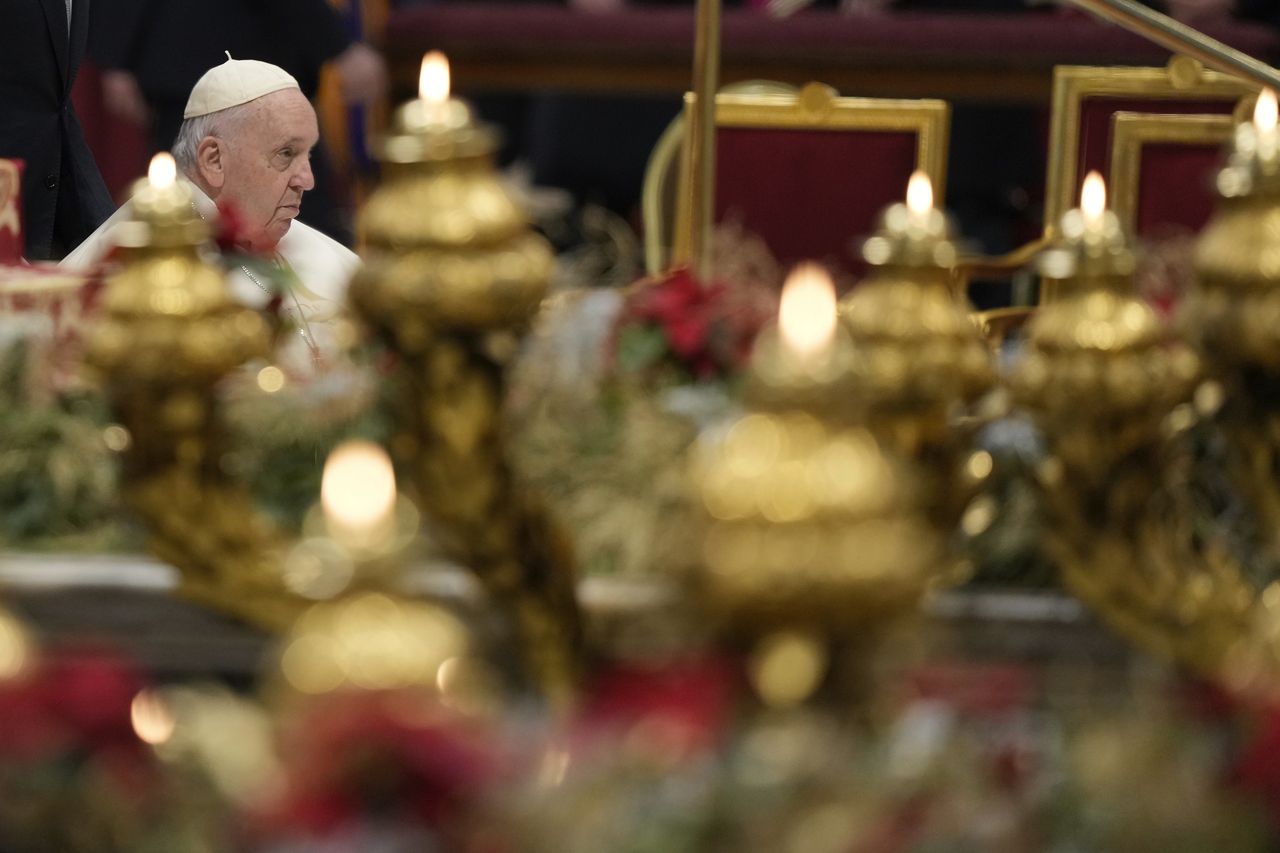What is Epiphany?
Today is the ancient Christian holiday of Epiphany, celebrated on Jan. 6 for centuries.
It’s even older than celebrations of Christmas.
But what is Epiphany?
For many churches around the world, it celebrates the arrival of the magi bringing gifts to the baby Jesus, and is sometimes referred to as the “Feast of the Three Kings.”
In some traditions, it’s a celebration of the baptism of Jesus.
For Catholic and Protestant churches, Epiphany marks the end of the 12-day Christmas season, which in the Christian liturgical calendar begins on Dec. 25 and concludes at Epiphany.
In Elizabethan England, Jan. 5 was celebrated as Twelfth Night, the Eve of Epiphany, with bonfires of seasonal evergreens. That’s the origin of the title of William Shakespeare’s play, “Twelfth Night.”
It was, in one sense, the time to take down your Christmas tree and seasonal evergreen wreaths and burn them.
Not many people still celebrate Christmas with 12 days of gift-giving from Dec. 25 to Jan. 5, as in the famous Christmas carol. But in some Christian churches, the liturgical celebration of the Christmas season concludes on Epiphany.
While Roman Catholic, Episcopal, Lutheran, Methodist and other Western churches celebrate the coming of the Magi to adore Jesus, the Eastern Orthodox church commemorates the Baptism of Jesus on Epiphany.
Icons representing the Baptism of Jesus are on display in Greek Orthodox and Russian Orthodox churches.
Epiphany was one of the earliest Christian feast days. In the early church, Christmas and Epiphany were the same day. The birth of Jesus and the baptism of Jesus in the Jordan River were considered two epiphanies, or events in which God revealed himself. In Bethlehem, celebrations of the birth of Jesus extend to the end of January. Around the world, Christmas is celebrated as late as Jan. 27 in the Coptic Church of Egypt. Churches usually celebrate Epiphany on Jan. 6 or the Sunday between Jan. 2 and Jan 8, with scripture readings such the Gospel of Matthew, chapter two, the only gospel which mentions the magi. It does not specify how many “wise men” visited the baby Jesus, but Christian tradition later developed that there were three, because they brought gifts of gold, frankincense and myrrh.
See also: Why did Pope Francis sit during most of the funeral for Pope Benedict XVI?
Pope Francis arrives to preside over an Epiphany mass in St.Peter’s Basilica, at the Vatican, Friday, Jan. 6, 2023. (AP Photo/Andrew Medichini)AP
